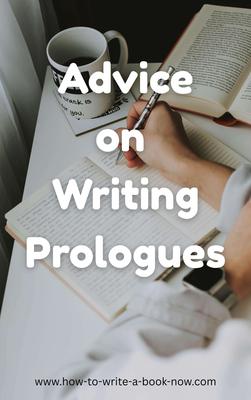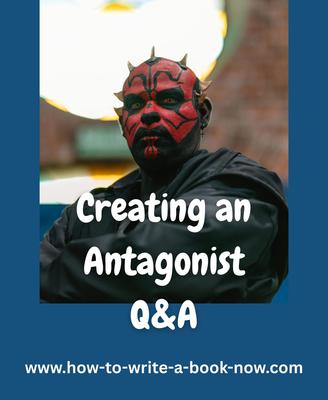An ending open to interpretation
by Anam
(Pakistan)
I've written about a quarter of my novel and have changed the ending a little in my mind. So, right now, I'm toying with two ideas. One is an ending open to interpretation. In this one, the reader finds out in the last chapter/ the last page that the boy who drowned was actually pushed under the water. Now the whole novel points to one suspect but I don't want to state it explicitly on the last page because this is through another character's mind who isn't sure and doesn't want to voice it.
I've heard that open to interpretation endings shouldn't be used in novels, so I'd appreciate your advice.
Thank you so much for answering my previous question :)
Response: I don't know your story, but there are always creative ways to do something. Here's an example of how such an ending would make sense.
Suppose you had a mystery story in which the main character has a hard time discerning the truth due to a shortage of facts or contradictory facts. His natural inclination might be to allow the uncertainty to continue the investigation until he found some definite proof.
However, at the same time he is being pressured by an impact character who argues that evidence doesn't have to be 100% conclusive. Perhaps he feels the best available answer is good enough, especially if it satisfies the public's need to feel justice has been done.
So at the climax, the main character changes to the impact character's way of thinking. He finds the best available solution and puts everyone's doubts to rest (which is the goal of the story). Everyone is satisfied.
But then, the main character stumbles on a piece of evidence that brings the truth into question once more. Now he is left with the knowledge that he might have made the wrong decision.
We call this a comi-tragedy or personal tragedy.
Another example would be the film Chinatown in which the detective figures out who the murderer is, but fails to protect the heroine or see justice done.
Agatha Christie's Murder on the Orient Express works this way too. In this novel, the detective has two possible solutions to a murder: a weak solution that would see no one punished, and a far more likely solution that would punish a lot of well-intentioned people. But there is no absolute proof which solution is correct. The detective decides to allow the weaker solution
It's a fine technique if it suits the message you are trying to convey. In the case of Chinatown the message is that the world is corrupt and real justice is not possible. In the case of Murder on the Orient Express, the message is that there different ways to interpret the concept of justice and that perhaps it is all right for people to take the law into their own hands if the result is more just than letting a guilty person go free.
(It's also a technique that can nicely pave the way for a sequel.)
Some ambiguous endings, however, are more problematic and more frustrating for some people.
For instance, the movie Blade Runner concerns someone whose job is to "retire" or kill genetically engineered people called "replicants" who were created as slaves but have gone rogue. The film contains several clues suggesting that the main character may himself be a replicant. But this question is never answered, not even in the sequel. Even people who worked on the film have different opinions. Some viewers like the ambiguity, others find it annoying, and some insist their preferred solution is correct.
Another movie example is Inception, in which the hero invades someone's subconscious to retrieve information or implant ideas. In the process, the possibility arises that what the hero thinks of as the real world is just another layer of his own subconscious. Unfortunately, the only way he can know if he is in a false reality is to commit suicide, which will cause him to wake up in reality. The film deliberately does not provide the answer and the hero chooses to believe he is in reality. So the viewer is left to decide for themselves whether the hero makes the right choice or if he is stuck in another false reality and won't find out until he dies in that false reality.
These types of endings are often unsatisfying because there is not a lot of meaning that can be extracted from such an ambiguous ending. There is no clear message or morale to the story.
As the writer, you have to decide if an ambiguous ending is more interesting, or if you risk frustrating the reader too much. In many genres, readers prefer clear endings that deliver meaning. But maybe in a work of literary fiction or horror, ambiguity would be more effective.
- Home
- Plot Questions
- An ending open to interpretation















